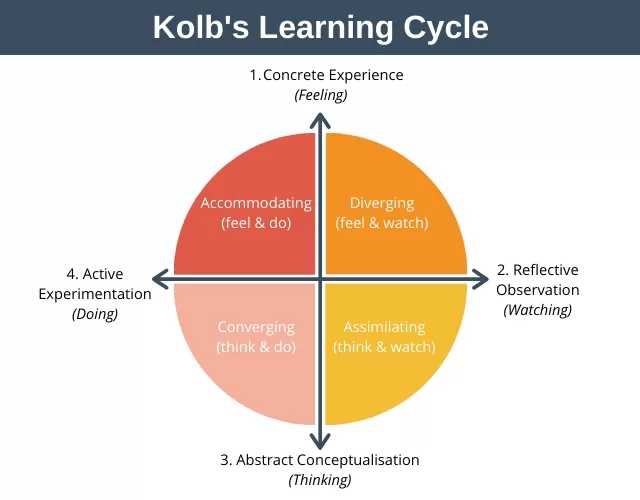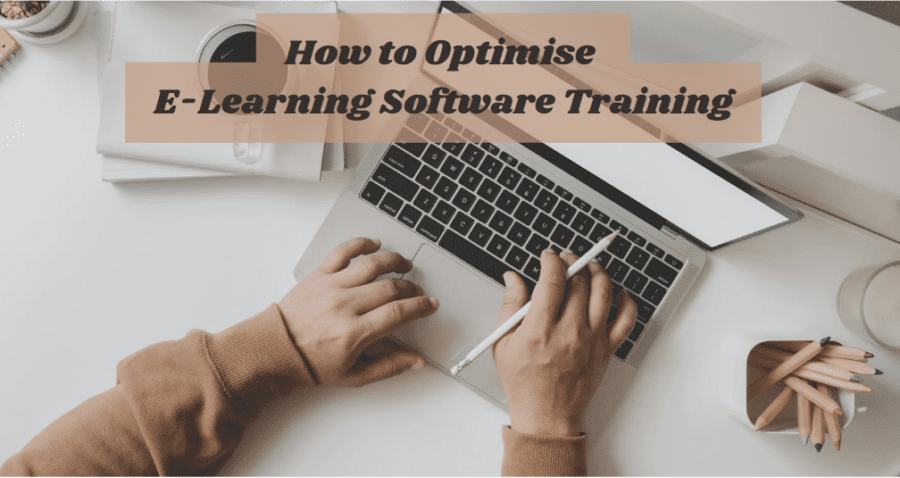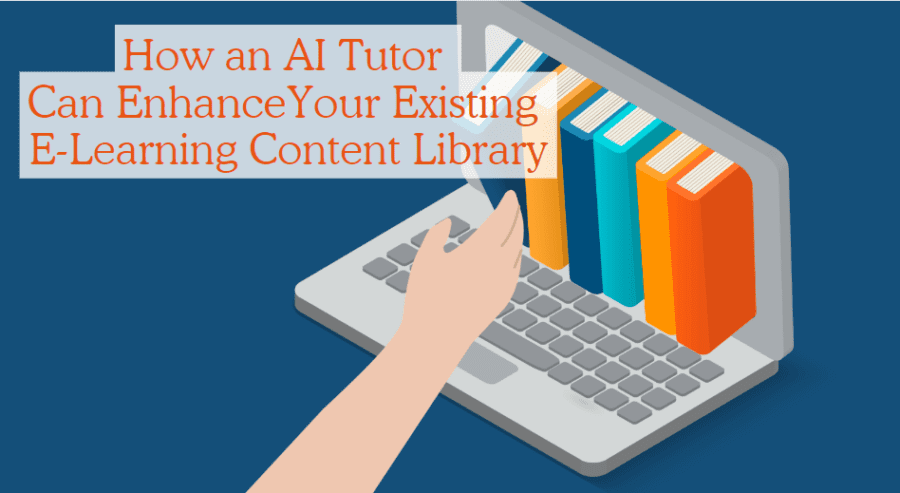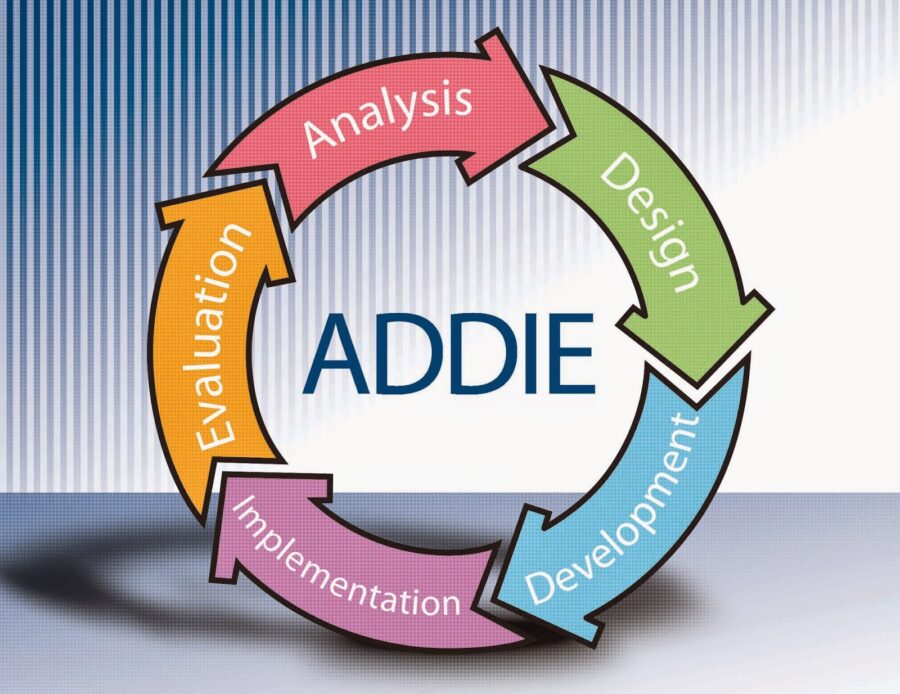What is Scenario-Based Learning? It is always important that training delivers results, from achieving learning objectives to changing employee behaviours to positively influencing business outcomes. Scenario-based learning can help deliver results in a range of situations, but what is scenario-based learning? What are the different types and when should you use scenario-based learning? Let’s start with a definition. Scenario-based learning …
Malone’s Theory of Intrinsically Motivating Instruction
Malone’s Theory of Intrinsically Motivating Instruction Hi, Today I’m going to be talking about Malone’s Theory of intrinsically motivating instruction and specifically how we might apply it in the context of e-learning. So first, a little bit of background. It was published originally by Thomas Malone, who is an organizational theorist at Sloan’s Business School. So very credentialed academic there. …
Steps for Measuring E-Learning ROI
6 Steps for Measuring E-Learning ROI Measuring e-learning ROI and assessing the success of the courses you deliver are important parts of your training strategy and the e-learning development process. Measuring success and, specifically, ROI (return on investment), is not always easy. After all, the impact of an e-learning course is not just financial. In fact, for some training topics, …
Neurolearning Package
Neurolearning Package Good day! Today I’m going to be talking to you about our exciting new Neuro learning Package. Now this is yet another example of how Capytech is pushing our capabilities and technology in the area of custom learning. Now, as always, I don’t just want to talk theoretically, but I’m going to give you concrete, I guess, examples …
Power Tips for Making Your E-Learning Courses Multilingual
3 Power Tips for Making Your E-Learning Courses Multilingual Creating multilingual e-learning courses enhances the learning experience for learners. This applies to learners who don’t speak the original language of the course as well as those who speak the original language as a second language. Transforming your e-learning course into a multilingual e-learning course isn’t as straightforward as running the …
Kolb’s Theory of Experiential Learning
Kolb’s Theory of Experiential Learning Hi, Today I’m going to be discussing one of the more controversial learning theories out there, and that’s Kolb’s Theory of experiential learning, first articulated fully in 1984 by David Kolb. And it explores a number of different learning style. Here we have our diverging, assimilating, converging and accommodating styles. Now, these learning styles have, …
How to Optimise E-Learning Software Training
How to Optimise E-Learning Software Training Most organisations are going through a period of technological change as new technologies become available, systems change, and market expectations evolve. This includes those with clear digital transformation strategies as well as organisations that take a more ad hoc, financially driven, and only-when-it’s-needed approach. The common thread is that many employees over the coming …
E-Learning Storyboard Mistakes to Avoid
12 E-Learning Storyboard Mistakes to Avoid E-learning storyboards should speed up the development process, optimise the learning flow, and improve the quality of the final product. However, when the process of storyboarding is not completed properly, it can have the opposite effect, i.e., slowing down development and negatively impacting the learner experience and quality of the course. Avoiding the following …
How an AI Tutor Can Enhance Your Existing E-Learning Content Library
How an AI Tutor Can Enhance Your Existing E-Learning Content Library Your existing e-learning content library is an asset to your business, continually enhancing the knowledge and skills of existing and new employees. Your e-learning content library is not a static resource, however. You constantly add new courses and modules, while existing content needs to be regularly updated and refreshed. …
ADDIE
ADDIE Hi, I’m Damian, co-founder of Capytech. And today I’m going to be discussing ADDIE, one of the granddaddies of the instructional design methodologies originally founded back in actually World War Two and then formalized in around 1975 for the US Army. But today I’m actually going to focus upon how we can still apply it in the context of …









